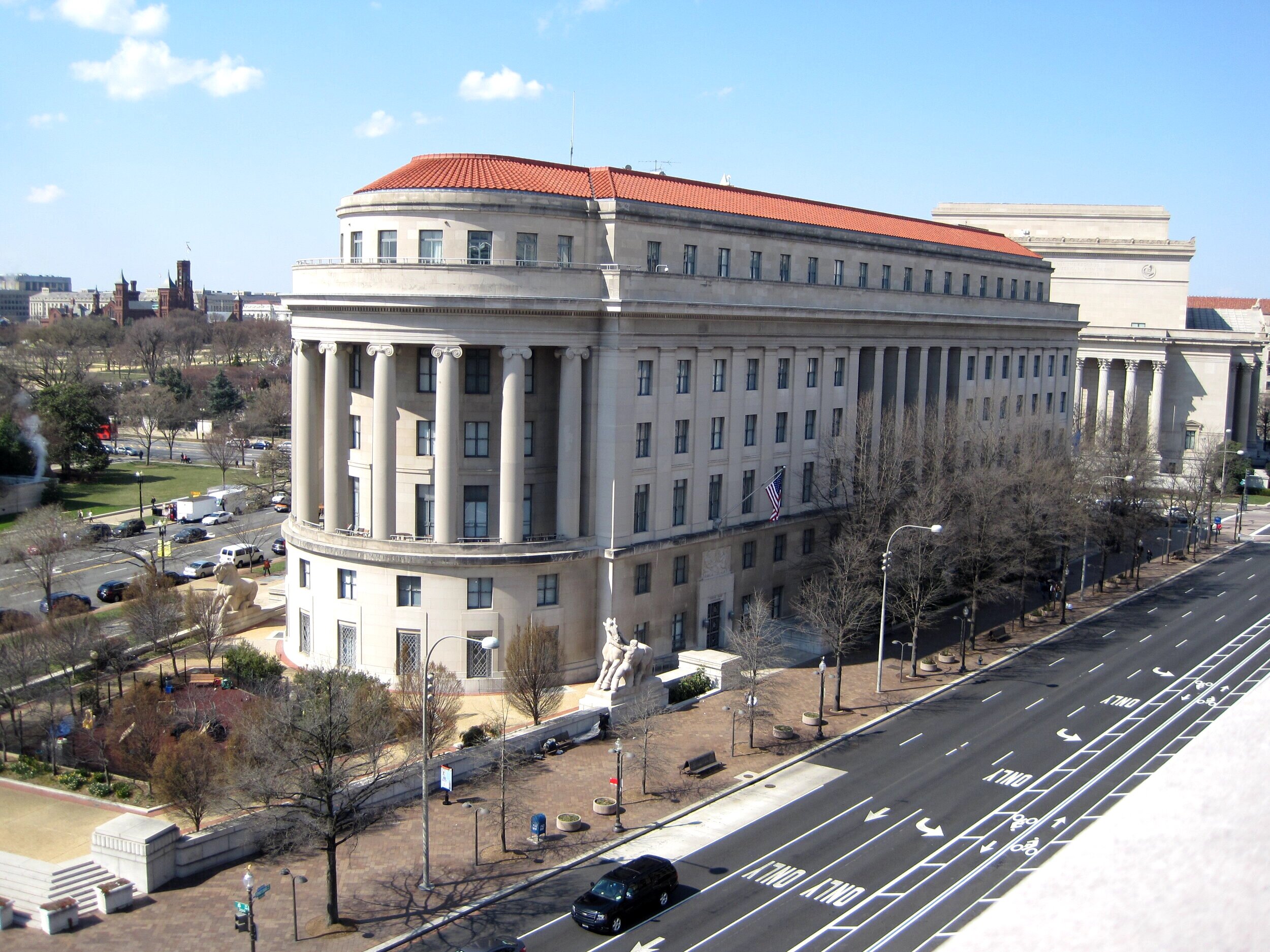The Federal Trade Commission, established in 1914, is an independent federal government body. It has around 1100 people and an annual budget of over $300 million, which is about one-fifth of the number of employees at the US Food and Drug Administration. However, in this situation, size is irrelevant. This FTC has significant policing authority and is typically unafraid to use it.

For those of us who learn about the FTC mostly via popular newspaper stories that generate enough momentum among media types to be considered noteworthy, this one-of-a-kind organisation really fulfils many core tasks.
First, the FTC’s Bureau of Competition acts as a traditional trust buster, enforcing antitrust statutes. It aims to avoid company mergers and actions (such as price fixing) that reduce competition and, as a result, impede the fair pricing or quality of goods and services.
Second, the FTC’s Bureau of Consumer Protection protects consumers’ interests and investigates and prosecutes fraud and unfair or misleading business activities. This Bureau develops trade rules and regulations and analyses industry-wide practises as well as individual company activity. It brings administrative and federal court cases against offenders and educates businesses and consumers.
Third, the Bureau of Economics assists the agency in evaluating the effect of its actions and provides information about the agency’s efforts to the Legislative and Executive Branches.
The FTC shall be led by five Commissioners, each chosen by the President with Senate confirmation to a seven-year term. To reduce the influence of politics in its functioning, no more than three Commissioners from any one political party are permitted. However, there are now just two Commissioners, one of them is a Republican and the other a Democrat. Perhaps the absence of a full complement of Commissioners reflects the polarisation of American politics.
My professional expertise has included the defence of an increasing number of investigations and prosecutions, the majority of which included charges of unfair and deceptive business practises. These examples included celebrity-endorsed weight reduction items, health products, a fuel-economy booster, infomercials, professional endorsements, customer testimonials, marketing strategies, instructional programmes, and workout equipment. Over a long career, I’ve found FTC enforcement officials to be competent and devoted, relentless but fair, tough but not overbearing, and reasonable and accommodating but not without boundaries. This explains why I have a soft spot for the Bureau of Consumer Protection.
In only the previous six months, the FTC Bureau of Consumer Protection has successfully prosecuted:
a cash prize notification programme aimed for older citizens;
a merchant who falsely advertised health items to cure cancer, prevent malnutrition in cancer patients, and slow cognitive impairment caused by chemotherapy;
Its first case involves a toymaker (VTech) who failed to get parental authorization to collect such personal information constituting a privacy violation of children’s personal information;
another bogus prize scam
a firm that fraudulently claimed its mattresses were plant-based and organic when they were mostly made of synthetic materials;
as well as an online work-from-home programme
The agency filed or resolved 109 consumer protection claims in the last year.
The Bureau of Consumer Protection of the FTC has a substantial influence on a regular basis. For example, over $6.4 billion in refunds were obtained for customers during a twelve-month period starting in July 2016.
According to my professional findings, law enforcement personnel typically avoid witch hunts. Consumer and company complaints, Better Business Bureau disputes, collaboration with other Federal and state regulatory authorities, and independent efforts are used to conduct investigations. Many years ago, the Chicago Regional Director informed me that a case he suggested for prosecution was sparked by a late-night trip to a major pharmacy chain.
Early understanding of a company’s legal duties when launching a new product or launching a new advertising campaign, along with a dedication to attaining compliance, are among the finest actions any company can take to prevent an FTC inquiry or penalty. Seeking the advice and assistance of legal counsel who is well-versed in the subtleties of advertising compliance, trade regulation, and defence is typically a smart place to start. In the long term, knowledge and prevention will pay off handsomely.
